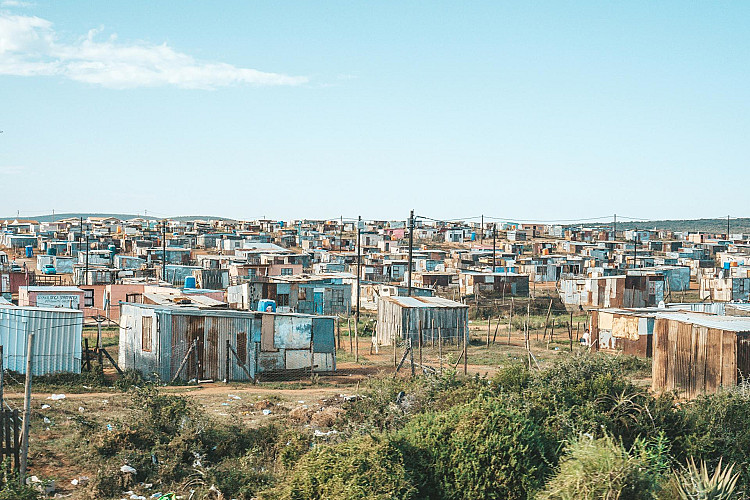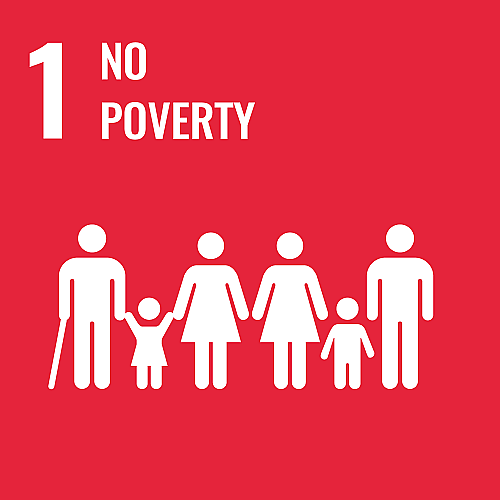Sustainability
MUBAS for Sustainable Development
Explore this section
SDG 1: No Poverty


No Poverty, seeks to end extreme poverty, cut overall poverty rates, and ensure equal access to resources and opportunities. It focuses on social protection, resilience against crises, and mobilizing resources and partnerships so no one is left behind.
Indicators
1.2.1 Number of students
The university currently has a total student population of 9,756. This figure reflects enrollment across all faculties and academic programs, including undergraduate and postgraduate levels.
Number of Students
1.2.2 Number of Low-income students receiving financial aid
Out of the total student population, 6,244 students are currently receiving financial assistance to support their education. This assistance is provided through various schemes, including government bursaries, institutional scholarships, and donor-funded programs.
Beneficiaries of Financial Aid
1.3.1 Bottom financial quintile admission target.
MUBAS ensures inclusivity by admitting students from disadvantaged backgrounds through national selection systems that prioritize equitable access. The university is committed to ensuring that those from the bottom 20% of income groups are represented.
Admission Targets for Students
1.3.2 Bottom financial quintile students’ success.
The university monitors student retention and completion rates to ensure learners from poor families successfully graduate. Academic and counseling support structures are in place to address barriers that might hinder completion due to financial hardship.
Graduation Targets for Students
1.3.3 Low-income student support.
MUBAS provides support services such as affordable on-campus accommodation, access to cafeterias with subsidized meals, and transportation options. The university’s welfare office and Student Affairs Department coordinate additional support for needy students.
Student Support Services
1.3.4 Bottom financial quintile student support.
The university partners with development agencies, private sector donors, and government bodies to support students through mentorships, financial aid, and life-skills training, ensuring that economic barriers do not prevent completion of studies.
Support Programmes for Students
1.3.5 Low or Lower-middle income countries student support.
MUBAS supports regional integration by providing opportunities for students from neighboring SADC countries through subsidized tuition and partnerships that promote academic mobility. Such inclusivity aligns with the university’s regional development mandate.
Support Schemes for Students
1.4.1 Local start-up assistance.
MUBAS provides entrepreneurship training, mentorship, and access to innovation facilities. These empower community entrepreneurs to launch sustainable businesses.
University Support for Business Start-Ups
1.4.2 Local start-up financial assistance.
MUBAS runs graduate entrepreneurship and start-up programmes that equip young innovators with business development skills and financial linkages, supporting the creation of viable, socially responsible enterprises.
Financial Sustainable Business Start-Ups
1.4.3 Programmes for service access.
The university provides community-based training, including programmes for learners at Mfera CDSS, aimed at improving livelihoods, hygiene, and access to essential services in rural areas.
Programmes to Enhance Basic Services
1.4.4 Policy addressing poverty.
MUBAS contributes to national poverty-reduction efforts by sharing research findings and engaging in consultative platforms that inform policy decisions. As highlighted in the article “MUBAS contributes to policy for poverty alleviation,” the university collaborates with stakeholders to provide evidence-based input that supports the development and implementation of poverty-alleviation programmes in Malawi.
University Participation in Policy-Making
